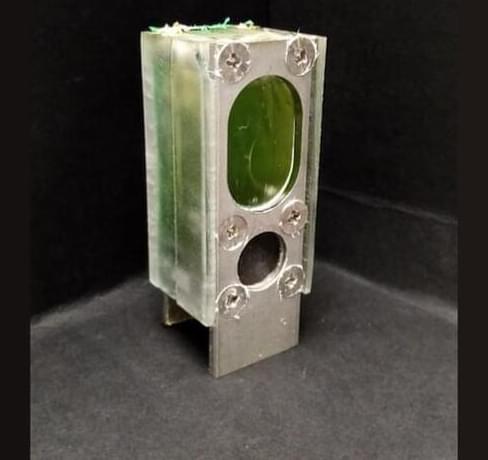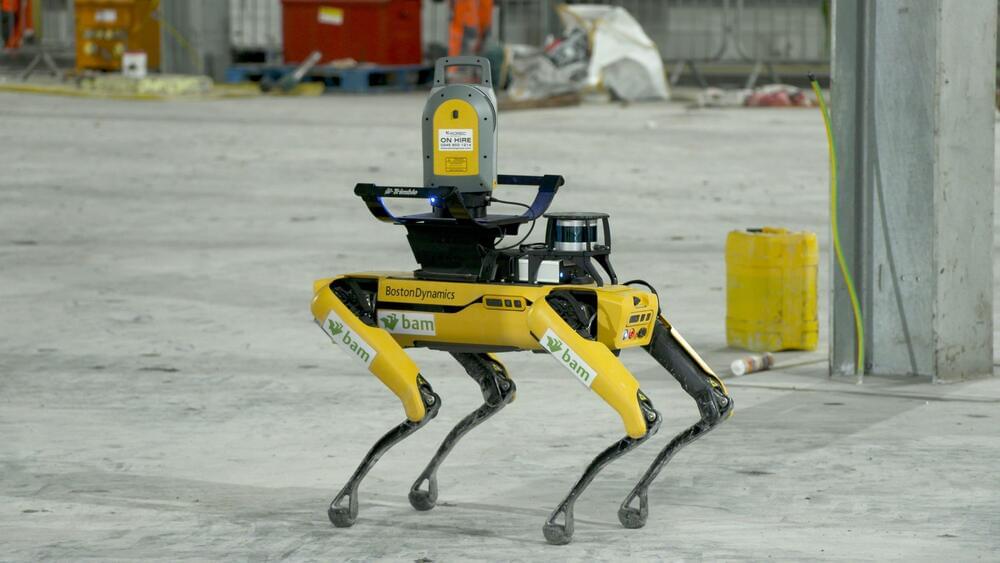Researchers in Delft have succeeded in teleporting quantum information across a rudimentary network. This first of its kind is an important step towards a future quantum internet. This breakthrough was made possible by a greatly improved quantum memory and enhanced quality of the quantum links between the three nodes of the network. The researchers, working at QuTech—a collaboration between Delft University of Technology and the Netherlands Organization for Applied Scientific Research (TNO)—are publishing their findings today in the scientific journal Nature.
The power of a future quantum internet is based on the ability to send quantum information (quantum bits) between the nodes of the network. This will enable all kinds of applications such as securely sharing confidential information, linking several quantum computers together to increase their computing capability, and the use of highly precise, linked quantum sensors.






